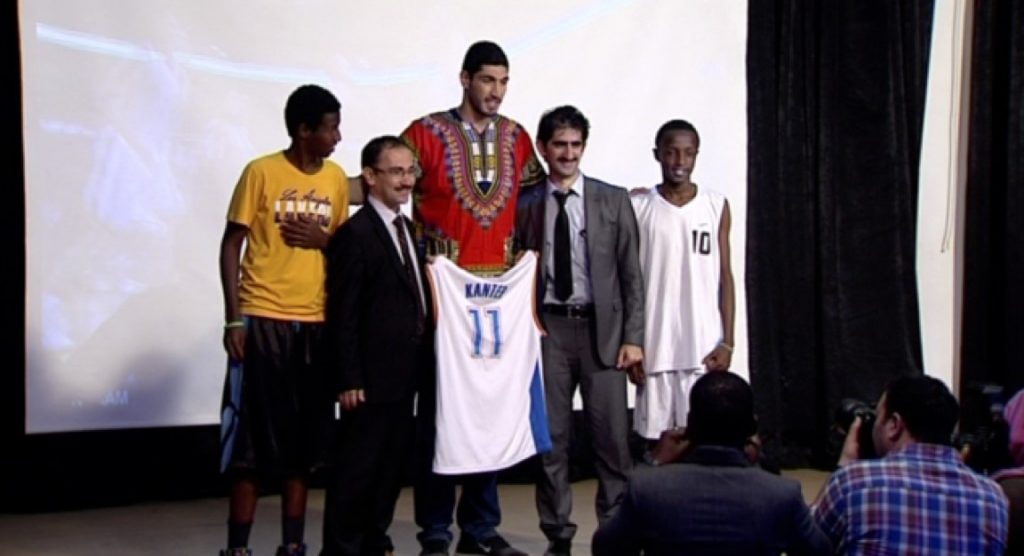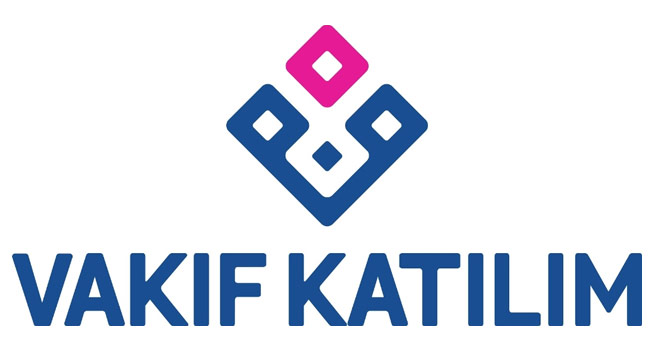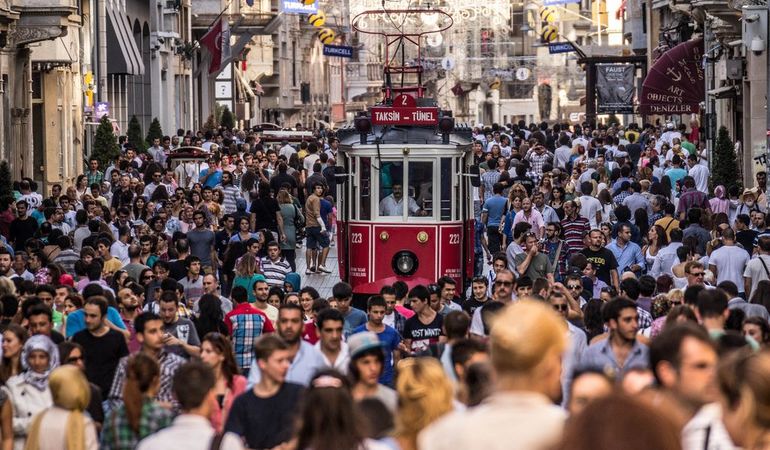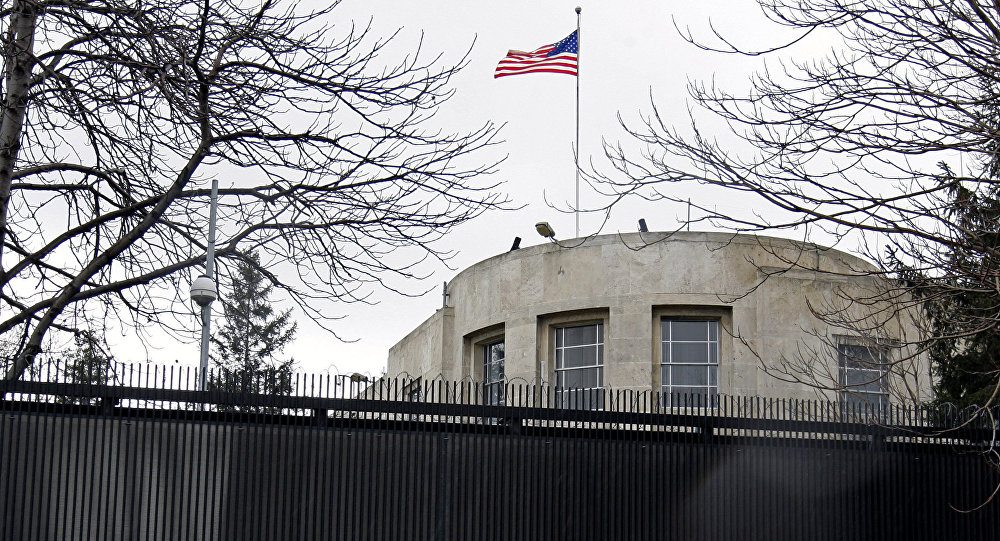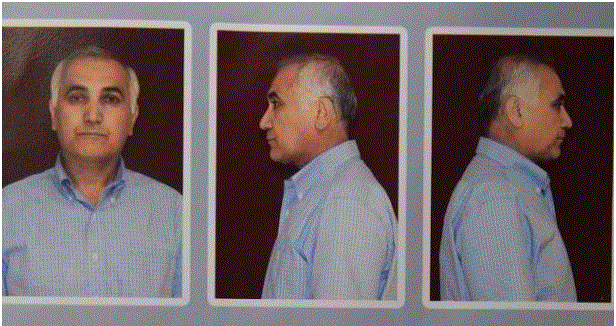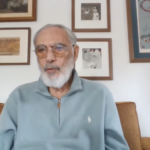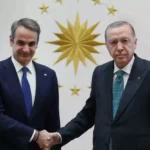As many are now aware, Fethullah Gülen’s cult is not limited only to Turkey or the U.S.. Gülen also has powerful educational networks in Central Asia and Africa, where the results of his decision-making over the past three years have been particularly tragic. Gülen’s schools in those continents were doing truly positive things in education and in spreading knowledge of Turkey. The Turkish Language Olympics, for example, were a great promotion of Turkish language and culture. But all of this has been destroyed by Gülen’s obsession with wielding political power in Turkey.
Over the years most everyone in Turkey learned that Gülen’s schools were spreading Turkish influence in various African countries, but we understood this in context of the positive interpretation that was dominant at the time. On the other hand, I have also heard first-hand how Gülen’s African network works.
Similar to the manner in which they operated in Anatolia, Gülen’s African schools were concentrateing on identifying talented pupils which were then given special attention. Some were then given the chance to go to Turkey to complete their high school education; for many in Africa this was (and is) an excellent opportunity to gain education and overseas experience. However, once a student got close to graduation, pressure was put on them to perform a specific function or to go into a profession that the local Gülenist leadership thought appropriate or useful. Those who resisted were subjected to more pressure. Of course, bringing the student to Turkey was also intended to make them even more dependent on the Gülenist network (since most African students would not have any relatives or contacts in Turkey that they could take shelter with). Ultimately, the aim was to strengthen Gülen’s network in certain African societies.
From this and my previous explanations, the potential dimensions of Gülen’s network should be clear. It is a massive international organization, built painstakingly over several decades by recruiting intellectually talented and potentially sympathetic people (1). The network is not only present in Turkey but also in a few dozens of countries worldwide, including an extensive chain of charter schools in the U.S. The resources available to the network run in at least some hundreds of millions of US dollars.
So far I’ve mostly discussed my knowledge of Gülen’s involvement in the education sector, but Gülen extended his reach into many other sectors and institutions in order to strengthen his ability to act freely and to accumulate financial resources. I’ve mentioned Zaman as Gülen’s main newspaper, but he also controlled the daily Bugün and all the other media sources connected to it. Samanyolu TV was also his. These media sources were used for purposes other than just reporting the news through an ideological lens (2). Those newspapers and TV channels were used to broadcast information intended to prepare public opinion for police investigations and court cases aimed at jailing or at least weakening Gülen’s enemies in politics or state institutions. That was blatant incitement or slander.
Furthermore, none of the information above about Gülen’s media strength was secret in the years before November-December 2013. That Zaman, Bugün, and Samanyolu were Gülenist media outlets was common knowledge in Turkish society. Zaman never tried to hide its affiliation with Gülen (3), and employed a cadre of foreign 0rr foreign-educated intellectuals to pen columns in English. In retrospect, this was an extremely successful long-term strategy to establish its reputation as a dependable source of English-language news about Turkey.
Other aspects of Gülen’s involvement in Turkish society were also long apparent. Gülen’s involvement in Turkish sports was something that I heard rumors about almost as soon as I began to pay any attention to it after moving to Turkey. The association with Gülen of prominent Turkish sports figures like Galatasaray footballers Hakan Şükür and Arif Erdem was something commonly discussed more than a decade ago. Former Fenerbahçe basketball player Enes Kanter, who now plays for the NBA’s Oklahoma City Thunder, has long made his allegiance to Gülen clear; that is why Gülen’s U.S. cable channel, Ebru TV, frequently features Kanter (4). Most likely, the scandals that have dogged Kanter in his career (5) have their origins in his relationship with Gülen’s cult. This is the essence of the situation: the many lives negatively affected, ruined, or even ended because of Gülen.
From 2005 (when I began my studies at Sabancı University) until 2013, Gülen was often in the news in relation to all kinds of developments in Turkish society. The “secularist” news sources stressed his threat to the secular order; pro-government news sources stressed the modern, and moderate, nature of his organization. Few people on the proverbial Turkish street, including myself, saw him or his organization as an existential threat to Turkish democracy. Zaman was considered a decent source of news even if owned by Gülen; the police were known to be heavily infiltrated by Gülen’s people, but torture and human rights abuses largely disappeared from police stations in the years after the AKP’s first electoral victory in 2002; we read the sports gossip about which famous athletes were Gülen’s believers; we all read the rumors of problems and conspiracies behind the Ergenekon and Balyoz cases as well as the investigations into Hrant Dink’s assassination and the Malatya missionary murders — but we also knew of the Turkish military’s and “deep state’s” murderous past behavior. All of this was accompanied by a constant flurry of conflicting information from all sectors of Turkish media. Then, as now, every Turkish media outlet had (and has) a political stance, and the news generated by any particular source reflected (and reflects) that outlook. The only way to discern what is really happening is to read widely on a daily basis, and then attempt to condense the truth out of all the half-truths and lies that are going around.
So the point at which most of us became aware that something wasn’t going right was February 2012 (to be continued).
NOTES
(1) It should be mentioned here that what Gülen’s adherents are actually doing is preying on people who have limited options. The whole point is to make those who enter the cult either ideologically/mentally or financially dependent on the cult.
(2) The name of Bugün, which means “Today,” is intended as an answer to the leftist/Marxist focus on the future proletarian revolution, which finds its expression in the leftist newspaper Birgün, or “One Day.”
(3) One long-running feature in Zaman was a series of statements from Gülen on current political issues. Now it is the NYT, the Financial Times, and others that are fulfilling that task: http://www.nytimes.com/2015/02/04/opinion/fethullah-gulen-turkeys-eroding-democracy.html; http://www.nytimes.com/2016/07/26/opinion/fethullah-gulen-i-condemn-all-threats-to-turkeys-democracy.html; https://www.ft.com/content/31966a74-a623-11e3-8a2a-00144feab7de.
(4) For example: https://www.youtube.com/watch?v=ui66GIDYJAU. Ebru TV is owned by Samanyolu: http://ebru.tv/. Ebru TV’s presence in Africa is also notable: http://www.ebru.co.ke/. Kanter’s personal life has turned particularly lurid in the months since the failed coup attempt because he refuses to recant his admiration for Gülen. His family thus disowned him in a spat that was played out over twitter. In response, Kanter has apparently changed his last name to “Gülen.”
(5) In 2010 Kanter was banned by the NCAA from playing for the University of Kentucky because he had “received benefits above his actual and necessary expenses” while playing for Fenerbahçe. Fenerbahçe fully cooperated with the NCAA’s investigation, but Kentucky’s fan base responded by organizing a “Free Enes” campaign which somehow became a nation-wide phenomenon: http://www.espn.com/mens-college-basketball/news/story?id=5793192; http://www.nytimes.com/2010/09/08/sports/ncaabasketball/08basketball.html; http://www.kentucky.com/sports/article44052867.html.
Yazıyı beğendiysen, patronumuz olur musun?
Evet, çok ciddi bir teklif bu. Patronumuz yok. Sahibimiz kar amacı gütmeyen bir dernek. Bizi okuyorsan, memnunsan ve devam etmesini istiyorsan, artık boş olan patron koltuğuna geçmen lazım.
Serbestiyet; Türkiye'nin gri alanı. Siyah ve beyazlar içinde bu gri alanı korumalıyız. Herkese bir gün gri alanlar lazım olur.




